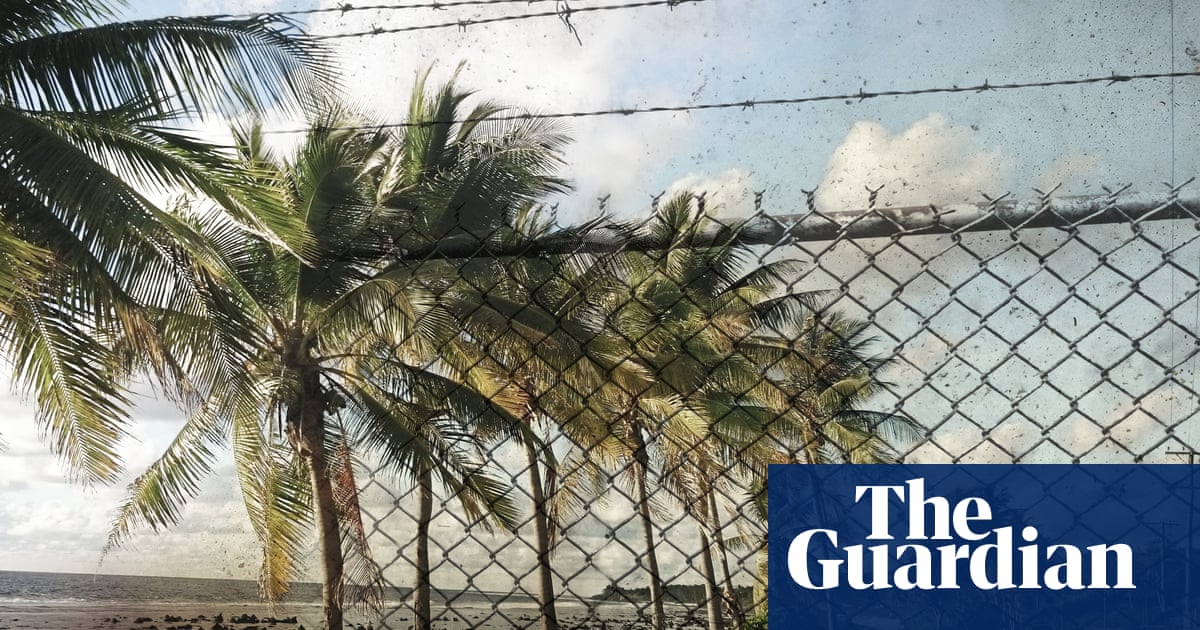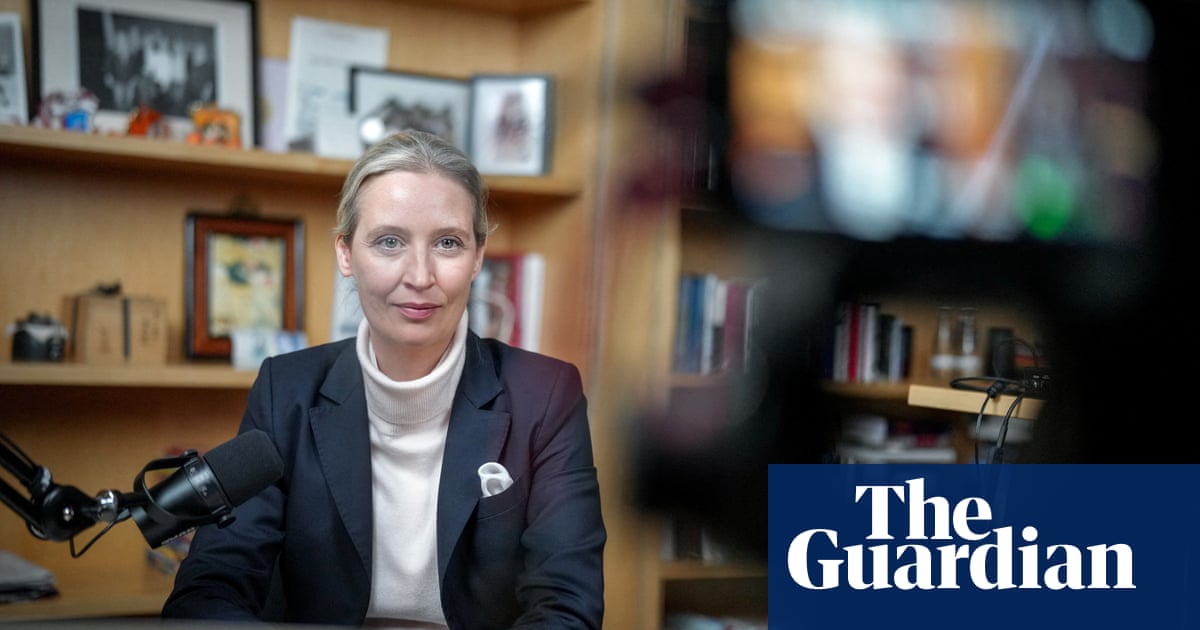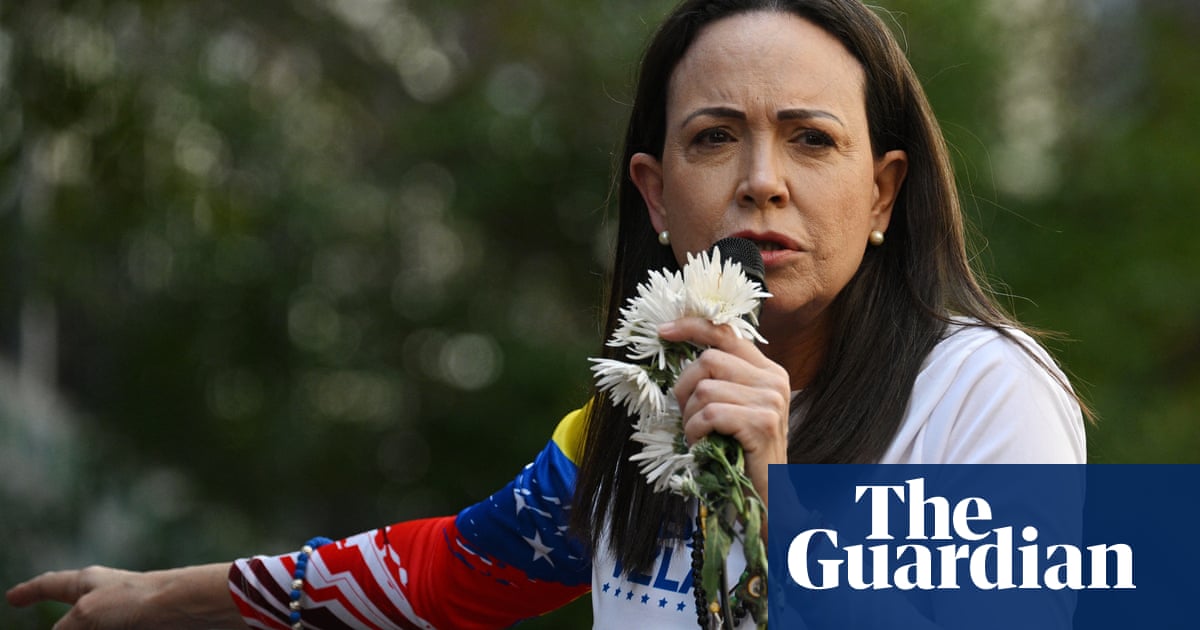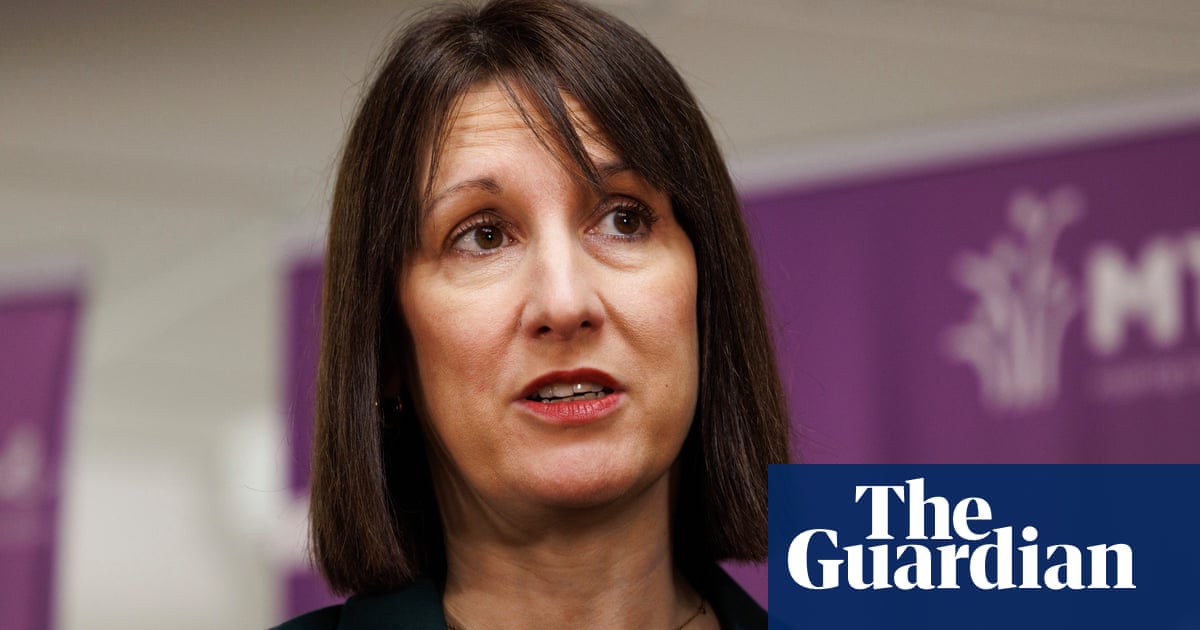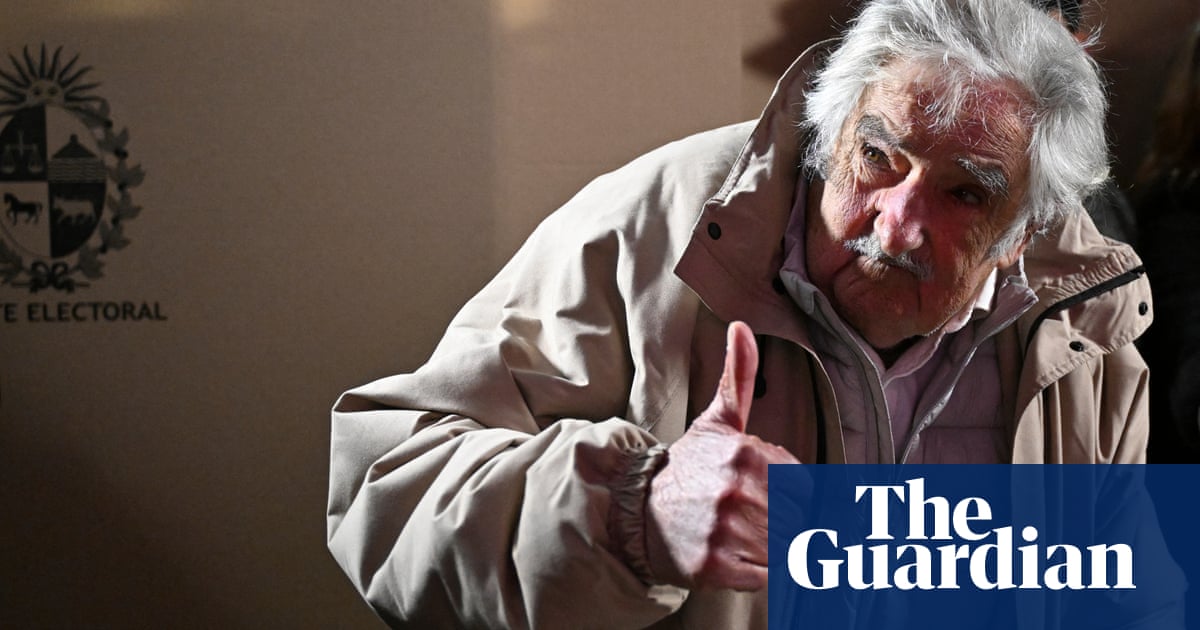Jamie Oliver says he is “devastated” by the offence he has caused to First Nations people and has issued an apology, after calls by Australia’s peak body for Indigenous education for the British celebrity chef to withdraw his children’s book from sale.
Oliver is in Australia promoting his latest cookbook, Simply Jamie, but it is his decision to join a growing flock of celebrity children’s book authors with a 400-page fantasy novel for primary school-age children that has come under fire.
The National Aboriginal and Torres Strait Islander Education Corporation (Natsiec) has described Oliver’s book Billy and the Epic Escape, which has an Australian subplot, as damaging and disrespectful, and has accused the celebrity of contributing to the “erasure, trivialisation, and stereotyping of First Nations peoples and experiences”.
The book features a young First Nations girl living in foster care in an Indigenous community near Alice Springs who gets stolen by the novel’s villain.
Oliver and his publisher, Penguin Random House UK (PRH UK), have conceded to Guardian Australia that no consultation with any Indigenous organisation, community or individual took place before the book was published.
“I am devastated to hear I have caused offence and wholly apologise for doing so,” Oliver said in a statement to the Guardian.
“I am listening and reflecting and working closely with my publisher on next steps.”
PRH UK also issued a statement saying it apologised unreservedly.
“Penguin Random House UK publishes this work and takes responsibility for the consultation, or what we would call an authenticity read of the work,” the statement said.
“It was our editorial oversight that this did not happen. It should have and the author asked for one and we apologise unreservedly.”
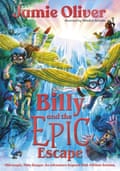
Neither author nor publisher has committed to withdrawing the book from sale, however, a move Natsiec said must happen immediately to rectify the harm caused.
The body’s chief executive, Sharon Davis, said the book perpetuated harmful stereotypes, trivialised complex and painful histories and “ignores the violent oppression of First Nations people, raising serious concerns about the cultural safety of First Nations readers – especially young people”.
In a detailed statement sent to the Guardian, Davis said the book’s depiction of Aboriginal and Torres Strait Islander characters and cultural practices was “irresponsible and damaging, reflecting a profound lack of understanding and respect”.
“We urge Penguin Books and Jamie Oliver to recognise the impact of their content and take swift action to prevent further harm,” Davis said.
“Penguin Books should pull Billy and the Epic Escape from circulation, specifically removing all content involving First Nations characters and cultural references.”
Billy and the Epic Escape, a humorous fantasy adventure novel, is set in England but involves a subplot where a wicked woman with supernatural powers teleports herself to Alice Springs to steal a child from a fictitiously named community called Borolama. She wants an Australian Indigenous child to join her press gang of stolen children who work her land because “First Nations children seem to be more connected with nature”. The adults responsible for Ruby, a young girl who lives in foster care and likes to eat desert bush food, are distracted by the woman’s promise of funding for their community projects. Once abducted, Ruby tells the English children who rescue and repatriate her that she can read people’s minds and communicate with animals and plants because “that’s the indigenous way”. She also tells them she is from Mparntwe (Alice Springs), yet uses words from the Gamilaraay people of New South Wales and Queensland when explaining her life in Australia.
Davis said such errors exposed the author’s “complete disregard for the vast differences among First Nations languages, cultures, and practices”, while the book’s reduction of First Nations beliefs and spirituality to “magic” was “a longstanding stereotype that diminishes our complex and diverse belief systems”.
Prominent First Nations writers have also criticised the book, accusing Oliver of engaging in cultural appropriation, and his publisher, Penguin Random House UK, of making serious errors in judgment.
The award-winning Kooma and Nguri author Cheryl Leavy, who specialises in nonfiction, poetry and children’s literature, told Guardian Australia she was troubled by the book’s themes of child slavery and child stealing, and the appropriation of culture for personal gain.
“It’s fair to expect that authors who wish to delve into any sensitive subject matter adhere to some basic industry standards, such as working with advisers with expertise in that area,” she said.
Dr Anita Heiss, a Wiradyuri author and publisher-at-large at Simon & Schuster’s First Nations imprint, Bundyi Publishing, said Oliver’s book confirmed what she had been advocating for over many years.
“First Nations peoples need to be involved at every stage of the process from acquisitions to editorial, to sales and marketing. Only then will our stories be told with the complete respect they deserve,” she said in a statement.
“There is no space in Australian publishing (or elsewhere) for our stories to be told through a colonial lens, by authors who have little if any connection to the people and place they are writing about.”
Both Heiss and Leavy believe the book should be withdrawn from sale.
The Nukunu children’s book writer Dr Jared Thomas, a research fellow for Indigenous culture and art at the South Australian Museum and the University of South Australia, said the principles of respect, consultation and permission, such as those outlined in Creative Australia’s First Nations Cultural and Intellectual Property in the Arts, were a bulwark against “lazy stereotyping”, and applied equally to fiction and nonfiction, in both adult and children’s literature.
“It is so important to get these representations right, because part of what we’re trying to do is educate kids, and you don’t educate them by selling them stereotypes or misinformation about First Nations people,” he said.
“Sometimes people go into a situation with a good intent, but that good intent goes wrong.
“I don’t want to say [Penguin] should pull it … but they need to consider if they’ve made a serious error of judgment, and if they have, what will be the impact on Aboriginal children, people, communities, and how they can address that.”
Penguin Random House UK said its Australian arm PRH Australia was in no way involved in the content or publication of the book, which was distributed into Australia as part of its global PRH network.
PRH also said Oliver would not be promoting Billy and the Epic Escape during his Australian tour.

.png) 2 months ago
13
2 months ago
13






